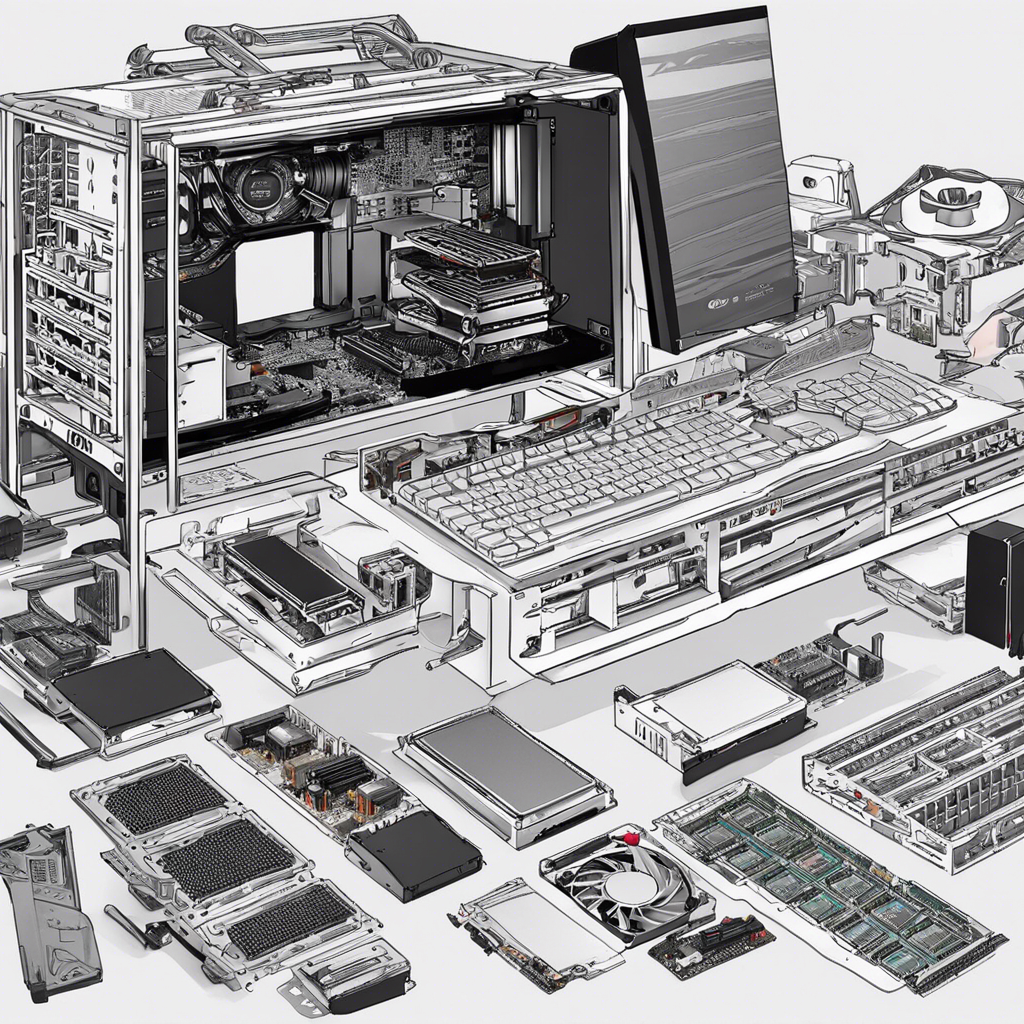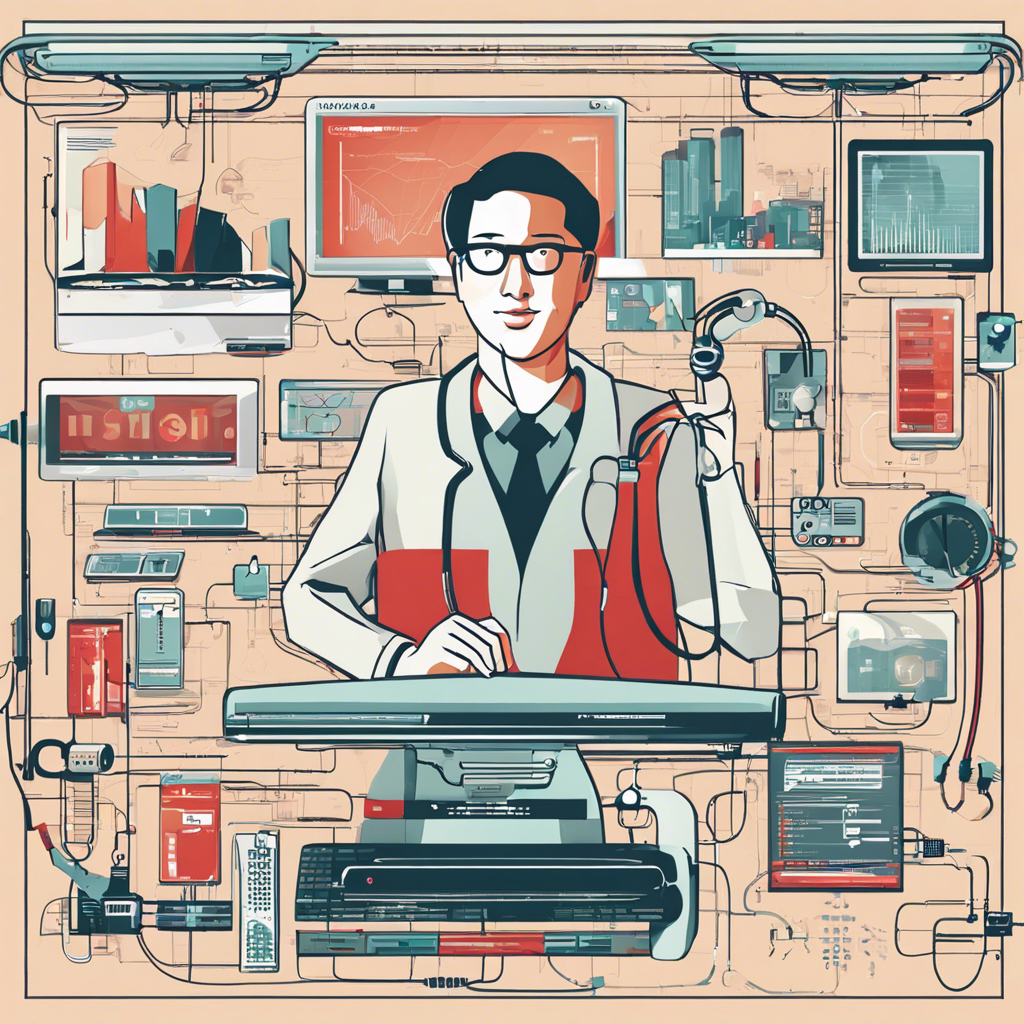The fifth generation of wireless technology, or 5G, is a revolutionary advancement that is transforming the way we use mobile technology. With speeds that are up to 100 times faster than current 4G networks, 5G is ushering in a new era of connectivity and innovation. This technology is not just about faster download speeds for streaming movies or music; it promises to change the way we live, work, and interact with the world around us.
One of the most significant impacts of 5G will be felt in the Internet of Things (IoT) space. With 5G’s high data transfer rates and low latency, we will see an explosion of connected devices, from self-driving cars and smart homes to remote healthcare and industrial automation. This technology will enable seamless communication between machines, allowing for more efficient and effective management of everything from traffic flow to energy consumption.
In the realm of mobile communications, this innovation will enable new levels of immersion and interactivity. For example, augmented reality (AR) and virtual reality (VR) experiences will become more accessible and lifelike, transforming the way we play games, watch movies, and even shop online. This network will also enhance mobile gaming, allowing for more sophisticated, multiplayer experiences that were previously limited by bandwidth constraints.
This wireless technology will also have a significant impact on businesses, enabling new levels of efficiency and productivity. With ultra-fast connections, companies will be able to leverage technologies such as cloud computing, artificial intelligence, and big data analytics to streamline their operations and make more informed decisions. The ultra-reliable low-latency communication offered by 5G will also open up new possibilities for automation and remote work, transforming industries such as manufacturing, agriculture, and telecommunications.
Furthermore, this latest generation of wireless technology will play a crucial role in the development of smart cities. It enables the implementation of advanced infrastructure and services, including intelligent transportation systems, real-time monitoring of air quality and traffic conditions, and improved public safety through the use of connected surveillance cameras and sensors. This technology’s high speed and low latency will also support the deployment of autonomous vehicles, further enhancing the efficiency and sustainability of urban environments.
In the healthcare industry, 5G is expected to bring about significant advancements in remote patient monitoring and telemedicine. High-speed, low-latency connections will enable real-time transmission of medical data, allowing for more accurate diagnoses and effective treatments, even in remote or underserved areas. Additionally, this technology can facilitate the development of remote surgical procedures, where specialists can perform operations on patients located in different parts of the world using robotic surgical systems.
Fifth-generation wireless technology also brings with it enhanced security measures. With the increased use of connected devices and sensitive data being transmitted, this technology incorporates stronger encryption and authentication protocols to protect user information. This includes the use of network slicing, a technique that creates multiple virtual networks on a single physical infrastructure, allowing for better isolation and protection of critical data.
Finally, this innovation will have far-reaching implications for the future of work. With faster speeds and more reliable connections, remote work and collaboration will become even more feasible, allowing for greater flexibility in work arrangements. Additionally, this technology can enable the development of new tools and platforms that enhance productivity and creativity, opening up new possibilities for innovation and economic growth.


